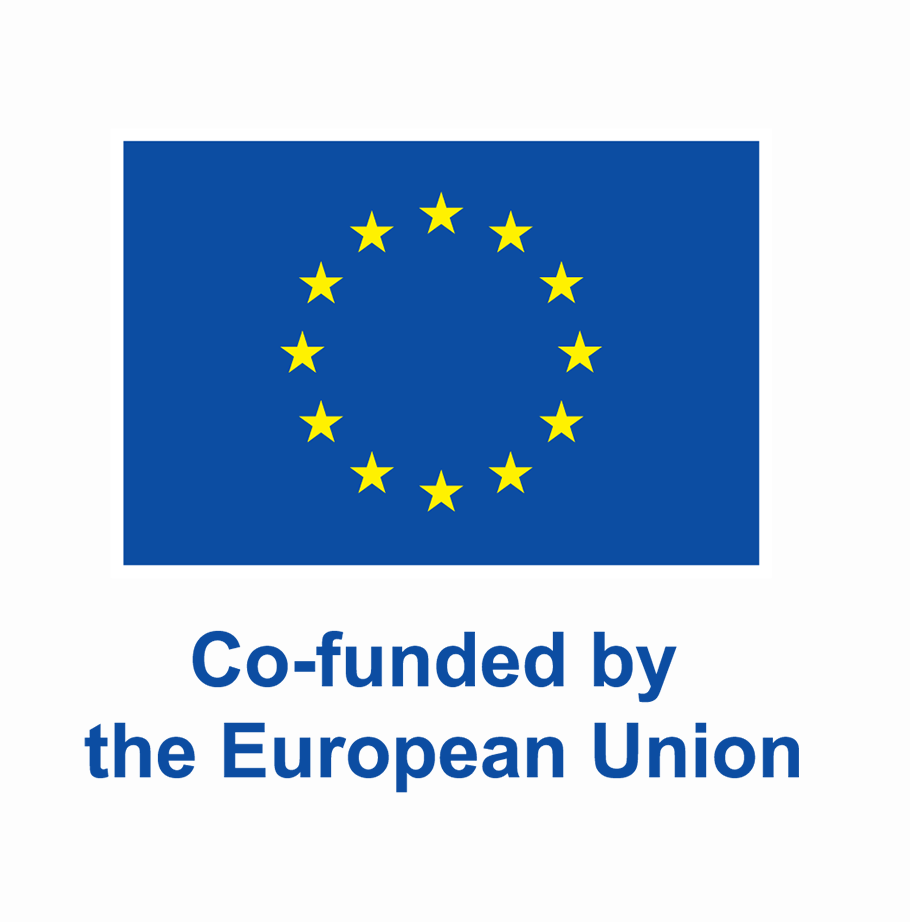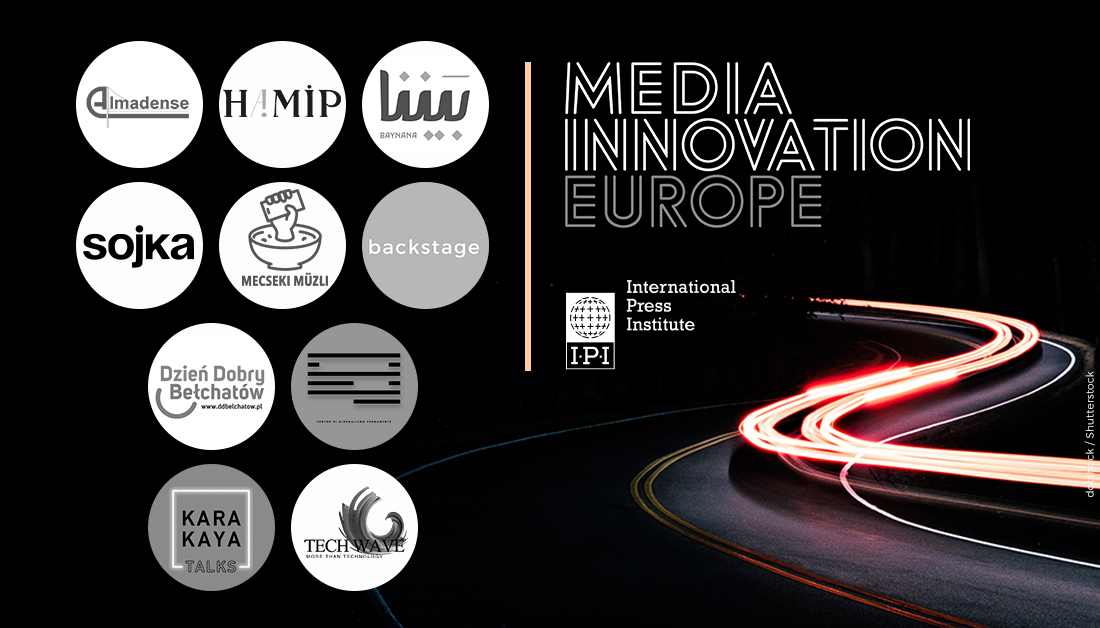IPI is proud to announce the 10 teams which will join our New Media Incubator and spend six months developing their business and learning media innovation strategies.
IPI’s New Media Incubator is a six-month programme offering financial support, professional mentorship, networking opportunities and tailored coaching to newsrooms. It is part of IPI’s wider Media Innovation Europe project.
The selected news organizations serve audiences such as Gen Zs in Germany and Ukraine; residents of regions underserved by traditional media; and members of minority groups including Belarusians living abroad and Arabic speakers in Spain. Some of these media have already launched and are in their first three years, while others will launch during the incubator and have already demonstrated a strong business model.
We received 78 applications from 25 countries for the New Media Incubator. The IPI team was pleased to see not only a strong interest in the programme, but also by the diversity and strength of Europe’s new media sector.
An independent jury of industry experts selected the newsrooms based on their demonstration of a deep understanding of their audience and a strategic approach to their business model.
The 10 newsrooms selected for IPI’s New Media Incubator
- Mecseki Müzli, Hungary, is a weekly editorial newsletter on a mission to deliver a ‘healthy news diet’ to citizens of the southern city of Pécs. This includes countering politically biased news about the local area with fact-checked and transparent information, and providing useful information about culture and local life. During the incubator they plan to explore new revenue streams and potential new products for the newsletter, based on audience engagement.
- Karakaya Talks, Germany, serves young people from traditionally marginalized groups with engaging and inclusive reporting, with the aim of increasing their participation in society and democracy. They will be building their platform to amplify Gen Z voices to foster discussion and increase democratic participation.
- Sojka, Poland, is a Belarusian digital magazine launched abroad in late 2021 with a distinctive visual style, informative and practical content, and a commitment to solutions journalism. Their focus during the New Media Incubator will be developing a resilient funding model.
- Dzień Dobry Bełchatów, Poland, is an independent media start-up from Poland focusing on local digital news. Currently operating in the city of Bełchatów, their goal is to build a sustainable and scalable business model for Polish local media and build projects in other cities to serve local communities.
- Namir Media, Ukraine, covers Ukrainian news for young people, primarily through social media. Having already carried out audience research, they will work on a strategic approach to their business model.
- Almadense, Portugal, was founded to inform the residents of Almada, a news desert, by providing useful news on local topics that affect their lives. The incubator will support them to launch native advertising, by building partnerships that help them serve this audience while monetizing some content.
- Backstage Belarus, Lithuania, launched a website and Instagram channel in 2022 aimed at young creative Belarusians in Lithuania. They aim to grow their audience through a series of offline and online events.
- Baynana, Spain, serves the Arabic-speaking community in Spain by offering them quality journalism in their mother tongue. They will be focusing on reaching a greater number of young people by experimenting with new platforms and content formats.
- Centro di giornalismo permanente, Italy, is working to create a model of self-sustaining and collaborative journalism, and produces high quality journalism on topics ranging from migration and conflict to organized crime and environmental issues in Italy. The incubator will support them to develop a forum aimed at members of underserved demographics and encouraging discussion of journalistic topics.
- Tech Wave Development, Romania, is developing an AI-powered tool aimed at helping journalists and users deepen their understanding of how misinformation is spread.
What next?
Before the incubator kicked off, IPI’s Media Sustainability team carried out a needs assessment and analysis, before we begin our programme of speaker sessions, one-on-one and group coaching, and preparing for an in-person bootcamp in Vienna in October. The newsrooms will identify market gaps, gain deeper understanding of their audience’s information needs, and continuously experiment, test and build their startup or a part of their model.
Over the next six months, IPI will share regular updates and lessons learned from the newsrooms taking part, with the aim of spreading knowledge more widely with our global network. To keep up to date with this and other innovation programmes by IPI, sign up to our media innovation newsletter. The next event we are hosting which is open to all media practitioners is a virtual newsroom visit to Tribal News Network in Pakistan, on September 25 – read more and register here.
Clarification: an earlier version of this post incorrectly linked to the participation of Agencja Prasowo, when in fact IPI is supporting Dzień Dobry Bełchatów.
If you have questions about the incubator or IPI’s innovation work, please email [email protected].
The New Media Incubator is part of the Media Innovation Europe (MIE) project, co-funded by the European Commission. The programme is led by the International Press Institute, implemented in collaboration with Thomson Media, the Media Development Foundation and BIRN and is intended to empower media outlets as they navigate the digital transition, giving them journalistic tools and skills in diverse products and business structures in order to reach audiences and bring sustainability.




